On the afternoon of November 6, National Assembly deputies discussed in the hall the draft Law amending and supplementing a number of articles of the Law on Planning, the Law on Investment, the Law on Investment under the public-private partnership (PPP) model and the Law on Bidding.
Delegate Tran Van Tuan, Deputy Head of the National Assembly Delegation of Bac Giang province, said that amending and supplementing a number of articles of the PPP Law will help remove difficulties and obstacles for investors, helping to free up resources in the context of limited State budget capital.
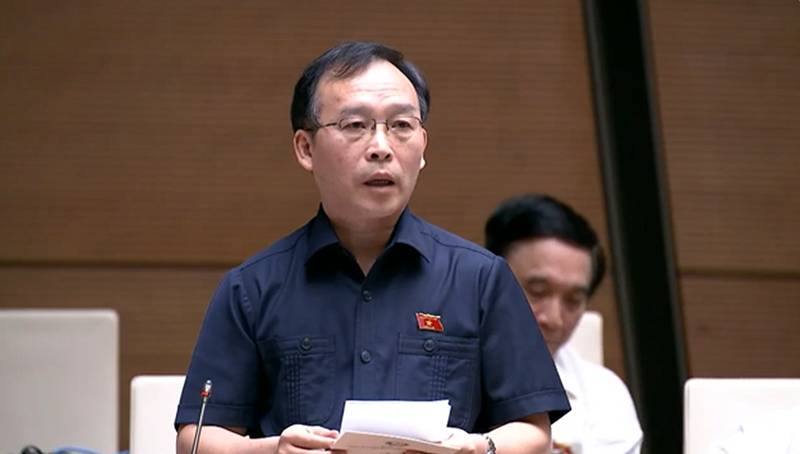 |
| Delegate Tran Van Tuan, Deputy Head of the National Assembly Delegation of Bac Giang province |
Some of the revised contents are of great interest to investors, including: adding regulations on payment of costs to investors when the contract terminates before the deadline; increasing the proportion of state capital participating in PPP projects to over 50% in some special cases; adding state capital to handle the risk of reduced revenue of PPP projects.
According to this delegate, the PPP Law currently only stipulates State capital to support infrastructure construction to increase financial efficiency for projects during the construction phase (stipulated in Clause 1, Article 70). There are no regulations on revenue support when the project declines due to no fault of the investor, which causes some projects to face difficulties during the operation phase and reduces the trust and interest of investors in new PPP projects.
"Therefore, the drafting committee needs to consider adding provisions to the draft Law regarding state capital support for PPP projects signed before the Law takes effect, if necessary. At the same time, the Government should be tasked with specifying the procedures, scope of application, and risk-sharing mechanisms between investors and lenders in these cases," Mr. Tran Van Tuan suggested.
Representative Luu Ba Mac, from the Lang Son National Assembly delegation, stated that some localities such as Lang Son, Bac Giang, Hanoi , etc., have BOT projects that signed contracts before the PPP Law came into effect, and have already been implemented and put into operation. However, these projects are experiencing unexpected revenue declines, affecting financial plans and prolonging implementation time.
Mr. Luu Ba Mac emphasized that for projects currently in operation where difficulties and obstacles have been quantified due to objective reasons not originating from the investor, such as changes in planning, adjustments to price control policies, fee reductions or exemptions, or a reduction in the number of toll stations resulting in a significant decrease in traffic volume compared to the initial financial plan, solutions are needed to harmonize interests and share risks among all relevant parties.
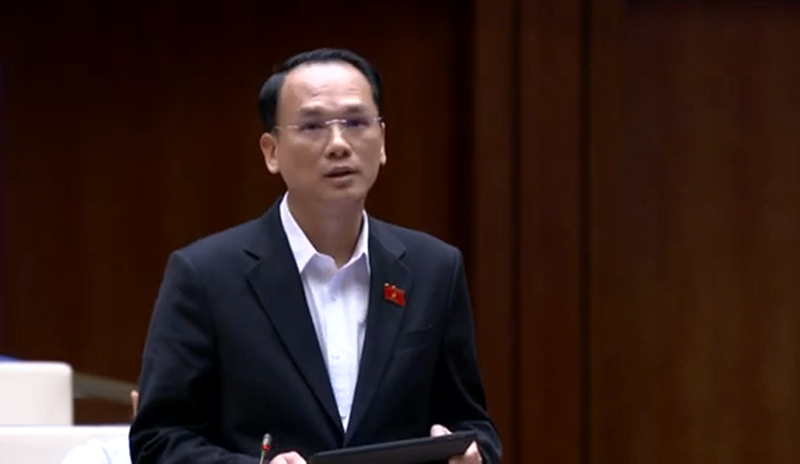 |
| Delegate Luu Ba Mac, National Assembly Delegation of Lang Son |
“We request that the Law drafting agency consider and review more carefully to remove difficulties for businesses and relevant agencies, contributing to improving the efficiency of the PPP investment method,” the delegate of Lang Son province emphasized.
Regarding the provision in point b, clause 16 of the draft law amending point d, clause 1, Article 69 of the current PPP Law, which aims to use state capital to compensate for revenue shortfalls in PPP projects, Representative Luu Ba Mac proposed that the drafting agency expand the scope of this provision to include projects that have already been put into operation but are facing objective difficulties and require additional state capital to maintain financial efficiency.
Furthermore, to ensure flexibility and practicality, he proposed adding to Clause 3, Article 69 of the current PPP Law, assigning the Government the authority to regulate the detailed management and use of state capital in PPP projects. This content should include the conditions for application, support conditions, and responsibilities of relevant agencies.
Furthermore, Mr. Luu Ba Mac suggested that the mechanism for sharing revenue increases and decreases, as stipulated in Article 82 of the current PPP Law, should be adjusted to apply to BOT projects that signed contracts before the PPP Law came into effect. This would allow for flexible handling of old contracts, ensuring a harmonious balance of interests among all parties and aligning with new legal changes.




![[Photo] Closing Ceremony of the 10th Session of the 15th National Assembly](/_next/image?url=https%3A%2F%2Fvphoto.vietnam.vn%2Fthumb%2F1200x675%2Fvietnam%2Fresource%2FIMAGE%2F2025%2F12%2F11%2F1765448959967_image-1437-jpg.webp&w=3840&q=75)



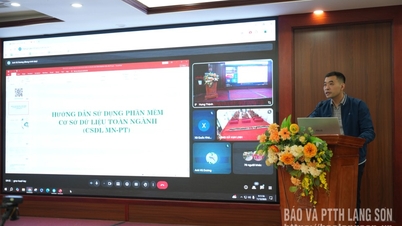


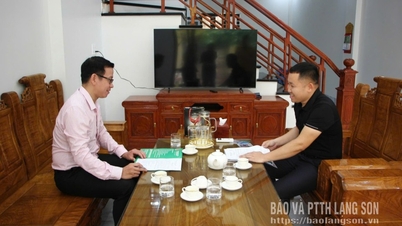
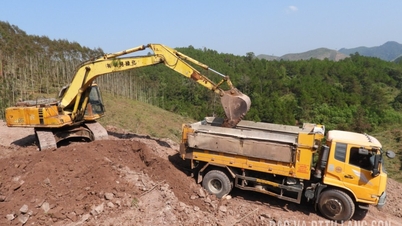
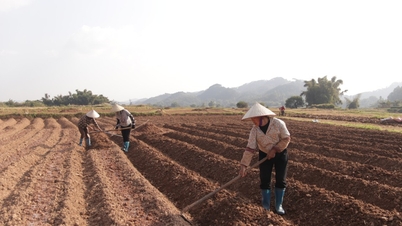
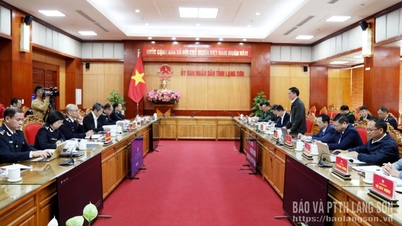





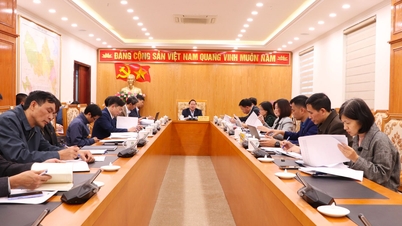
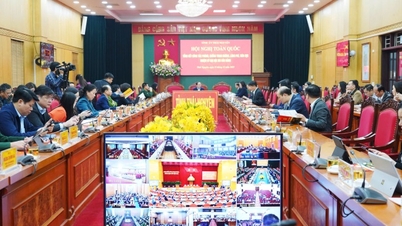

![[OFFICIAL] MISA GROUP ANNOUNCES ITS PIONEERING BRAND POSITIONING IN BUILDING AGENTIC AI FOR BUSINESSES, HOUSEHOLDS, AND THE GOVERNMENT](https://vphoto.vietnam.vn/thumb/402x226/vietnam/resource/IMAGE/2025/12/11/1765444754256_agentic-ai_postfb-scaled.png)











































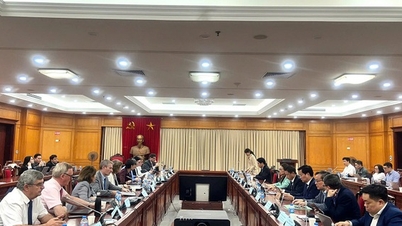


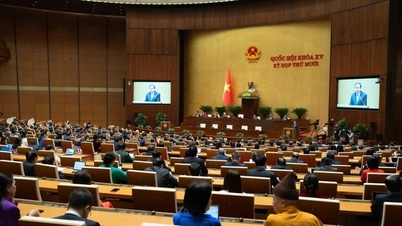



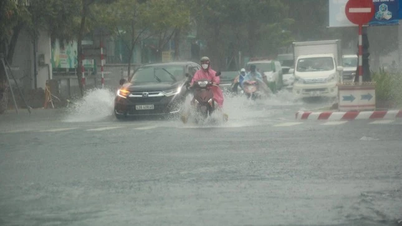
























Comment (0)